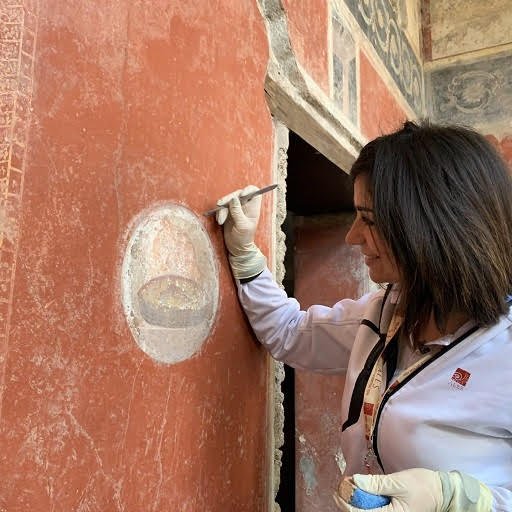![]()
Written by Sarah Court and Gamini Wijesuriya, People-Centred Approaches Programme & Project Manager, ICCROM – From GUIDANCE NOTE – ICCROM 2015
The theme of People-Centred Approaches to Conservation is one that reaches beyond the cultural heritage sector and the natural heritage sector too is engaging with it: indeed both sectors are working towards a new paradigm shift based on the wellbeing of both people and heritage.
Recent work on nature-culture interlinkages8 undertaken by ICCROM, IUCN and other partners has illustrated how there is an underlying rationale in both sectors to reinforce the ‘people’ or ‘community’ factor in their respective discourses. This is part of a broader shift from the care of heritage alone to the pursuit of well-being of both heritage and society as a whole (people and the environment). This work on nature- culture interlinkages has provided an important opportunity to explore and test this premise together and, where appropriate, facilitate a shift in respective management and conservation approaches.
It can be said that more effective management of sites is now understood to include a focus on the collective wellbeing of natural and cultural heritage, as well as that of people. This shift has become a way of overcoming past errors where heritage processes were overly led by experts and unfolded in isolation from the wider concerns of society and the environment. In this context, People-Centered Approaches for the Conservation of Natural and Cultural Heritage is a way of providing a theoretical basis to underpin future heritage management practices.
For this reason the People-Centered Approaches Programme has focused on both nature and culture, involving practitioners from both the natural and cultural heritage sectors. Thanks to the specific formulation of international and regional courses on ‘Promoting People-Centred Approaches: Engaging Communities in the Conservation of Nature and Culture’ (see below), the experiences of participants and resource people are also being pooled to enhance our understanding of future challenges and opportunities.

